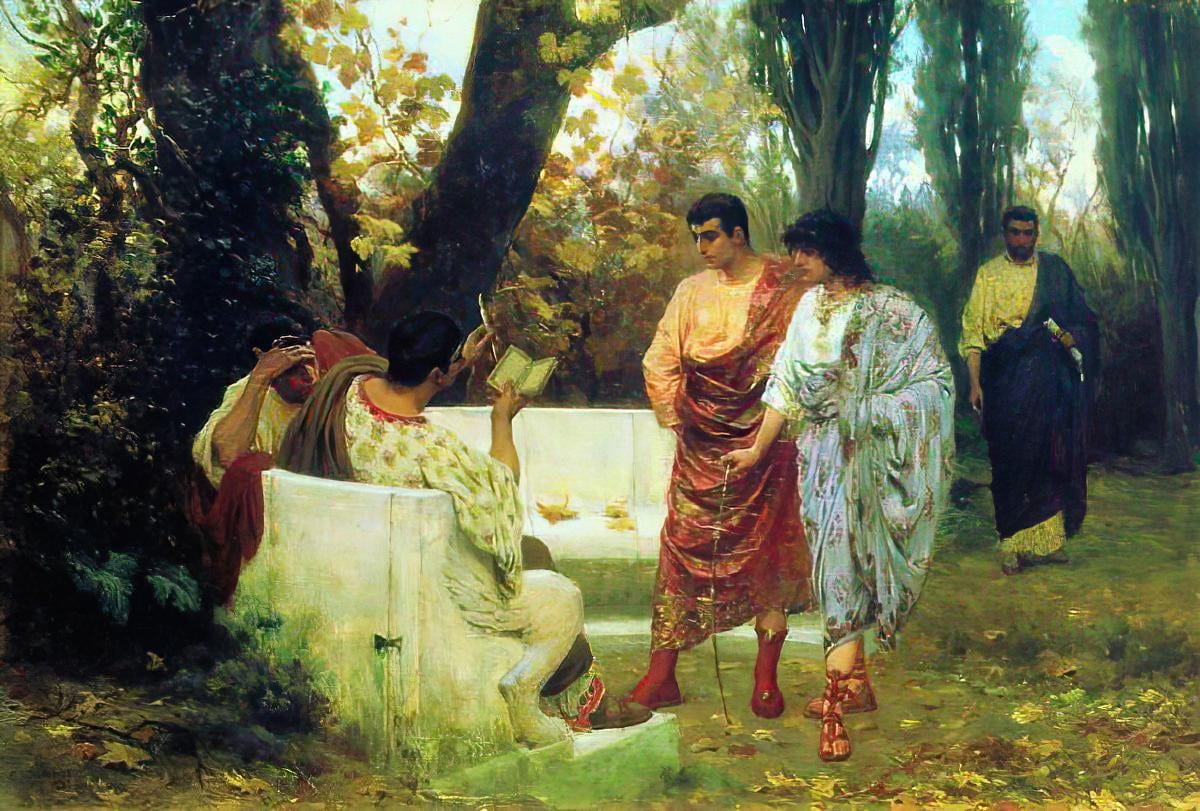The Hive
By Cate Simons
During quarantine, I’ve spent much of my time outdoors. Outside, surrounded by nature, I’m able to slow down and separate myself from some of the anxiety I’ve lately felt about the general state of the world. In the last few months, this passage from Vergil’s Georgics has been very much on my mind, and I’m especially drawn to Vergil’s efforts to portray bees in human terms…







